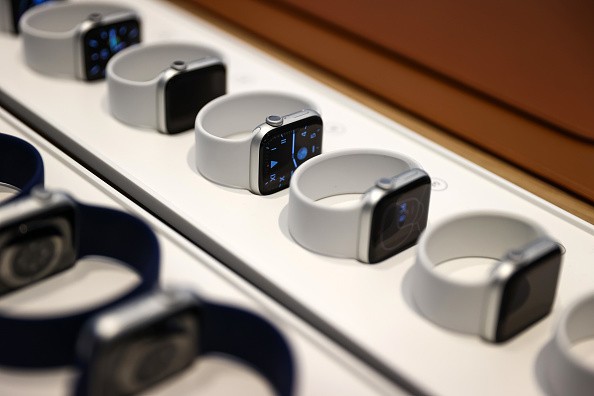Apple Watches are proving their importance in a so-called "landmark" health study.

The study, which is headed by a team from the University of Michigan, is looking to understand how biosensors on wearable tech can accurately track health information, writes Apple Insider.
And with the use of Apple Watches, the results of the study are showing promise in terms of gathering clinical data from a lot of underrepresented groups of people.
In simpler terms, the Apple Watch has proven to feature the most accurate biosensors out of everything else the researchers tested on a very diverse range of participants.
Of all the people involved in the study, 18% are aged 65 years or older, 17% are African-American, 17% are Asian, and another 17% are Hispanic. These, according to study fellow Dr. Jessica Golbus, are all underrepresented people in terms of wearable tech research.
The total number of participants numbered around 6,700 individuals.
The study itself actually started in collaboration with Apple back in 2018, writes 9To5Mac. And since then, it has provided excellent data on the accuracy of wearable tech in terms of tracking health benchmarks across a wide range of people.
Its foremost goal is to "describe and compare key wearable signals" such as heart rate, blood pressure readings, and step count across different ages, sexes, ethnicities, and even individual health conditions.
You can check out the research paper's early insights (since it's not published yet) on The Lancet for further reading.
How Are Apple Watches Helping In The Research?
Modern smartwatches like the Apple Watch are designed to track a lot of health benchmarks such as heart rate, blood pressure, and the likes. This is what makes them popular these days.
However, it's been found that wearable tech sensors don't always report accurate readings. Specifically, heart rate trackers can be very unreliable on people with darker skin tones, as reported by VentureBeat.
That's due to the technology that a lot of fitness bands use. To track heart rate and other health stats, these devices use green LEDs to "look" under a wearer's skin. But sometimes, the LEDs won't have enough power or mechanical assistance to peer through darker skin.
Furthermore, the study has also revealed that the phones these devices are connected to are also at fault. Activity levels can show massive discrepancies because for some reason, the phone is underestimating things like step counts.
This, however, has been identified years ago. Back in 2017, scientists also found out that fitness trackers are not as accurate when monitoring heart rate during exercise.
Compared to an electrocardiogram, the trackers were consistently at least 41 BPM too slow or 39 BPM too fast. The results weren't even close.
But with the University of Michigan study, this could all change. Smartwatch makers such as Apple could take notes and further improve the health tracking functions of their devices in the future.
This article is owned by Tech Times
Written by RJ Pierce
ⓒ 2025 TECHTIMES.com All rights reserved. Do not reproduce without permission.




